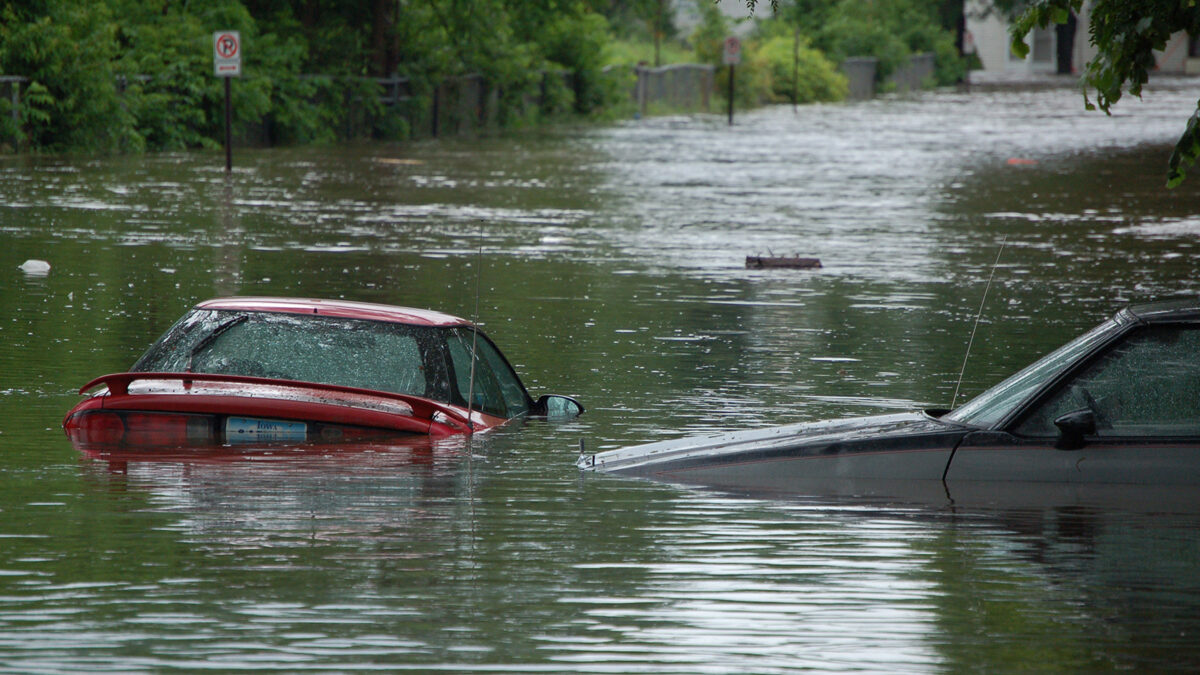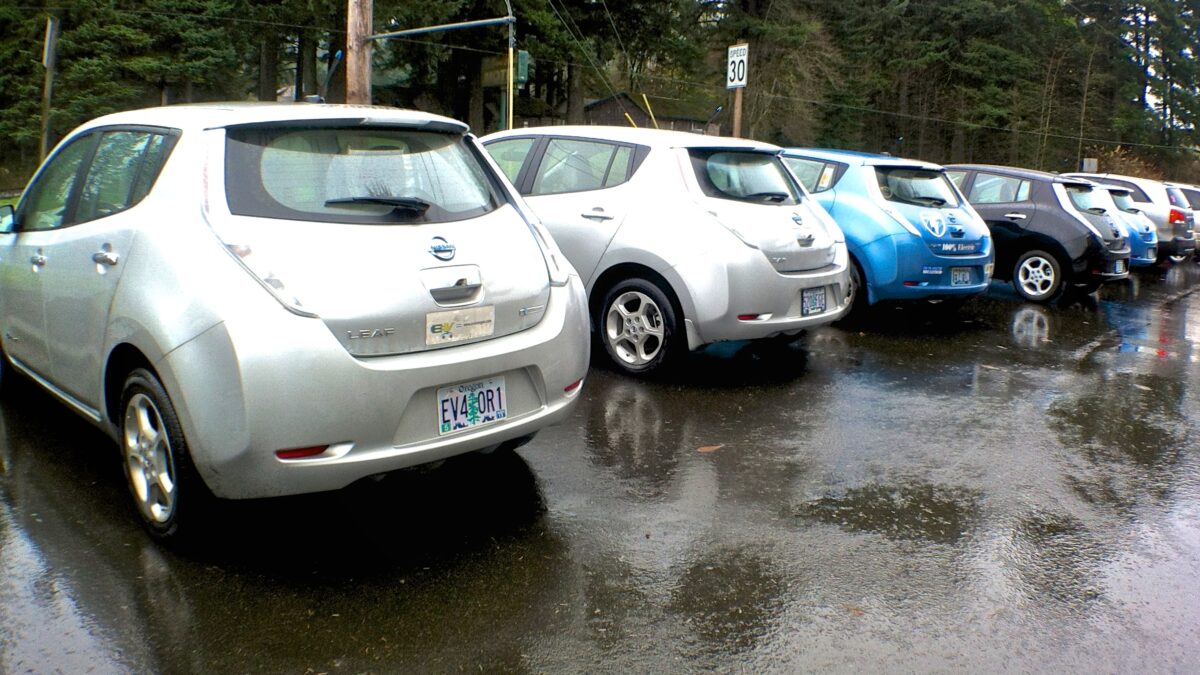Amid news of Elon Musk’s desire to buy and restore free speech to Twitter, the social media company announced a new policy last Friday prohibiting all advertisements that they say “contradict scientific consensus on climate change.”
The move comes just days after former President Barack Obama appeared at Stanford University to effectively call for more censorship on Big Tech platforms. “While content moderation can limit distribution of clearly dangerous content, it doesn’t go far enough,” he lamented. “People are dying because of misinformation.”
Of course, Obama is advocating for an expansion of the restrictive and undemocratic tactics used by governments and their allies in Silicon Valley during the Covid-19 outbreak to promote regime-approved narratives and suppress dissent.
It’s not the first time we’ve heard this message from leftist elites. “What we learned from this Covid crisis,” Canadian Prime Minister Justin Trudeau let slip last summer, “we will be applying to the climate crisis, to the housing crisis, to reconciliation, to making sure everyone has good jobs.” We’re now seeing this Orwellian vision take form.
Google has already banned advertisements that “contradict well-established scientific consensus around the existence and causes of climate change.” YouTube and Facebook now display Covid-style warning labels and “information panels” next to videos and posts that mention climate change or global warming. But that’s not all.
Earlier this month, Pinterest — a social media service commonly used for sharing recipes, images of home decor, and fashion ideas — said it would begin aggressively censoring user content that strays from prevailing climate change orthodoxy.
Labeling Dissent as ‘Misinformation’
The ban on so-called “climate misinformation” includes removing content that “denies the existence or impacts of climate change, the human influence on climate change, or that climate change is backed by scientific consensus.” In other words, you’re no longer allowed to express what you believe is true on Pinterest.
Under the new policy, “False or misleading content about climate change solutions that contradict well-established scientific consensus” will be removed, as well as “Content that misrepresents scientific data, including by omission or cherry-picking, in order to erode trust in climate science and experts.” Notice a familiar theme?
It turns out the “climate misinformation policy” isn’t really about the climate. Rather, it seems the bulk of Pinterest’s policy is aimed at ensuring that no one on its platform challenges the “consensus” or proclamations of unassailable “experts.” Put another way, free and independent thought is the real problem that must be stopped.
No Debate Allowed
In order to accomplish this — in order to censor ideas and alternative perspectives that the San Francisco-based company disapproves of — Pinterest says it has partnered with “experts” (there’s that word again) including the Climate Disinformation Coalition and Conscious Advertising Network to help “inform and develop our policy based on common misinformation themes they’re seeing across media platforms.”
So might we expect viral, hyperbolic claims about the impact of climate change made by the likes of Green New Deal co-author Rep. Alexandria Ocasio-Cortez, D-N.Y., to be flagged and removed for promoting misinformation? Of course not. Instead, what we’ll likely see is the censoring of people such as best-selling author Bjorn Lomborg — who believes climate change is real but does not believe it represents an apocalyptic threat to humanity.
For example, an op-ed by Lomborg in The Wall Street Journal last year noted that despite breathless hysteria from climate activists and the corporate media, worldwide deaths from extreme weather events have actually fallen dramatically over the past 100 years.
“A century ago, almost half a million people died on average each year from storms, floods, droughts, wildfires and extreme temperatures. Over the next 10 decades, global annual deaths from these causes declined 96%, to 18,000. In 2020, they dropped to 14,000.” These numbers may well “erode trust in climate science and experts.” By Pinterest’s new standard, that’s enough to have them scrubbed from their website.
Then there’s this recent exchange between Musk and TED’s Chris Anderson: “There’s a consensus of scientists, a large consensus of scientists, who believe if we haven’t completely eliminated greenhouse gasses or offset them completely by 2050, effectively, we’re inviting climate catastrophe,” Anderson noted.
“I am not one of the doomsday people, which may surprise [you]. I actually think we’re on a good path,” Musk pushed back. “So long as we are not complacent, as long as we have a high sense of urgency about moving towards a sustainable energy economy, then I think things will be fine…The future’s going to be great. Don’t worry about it.”
By his own admission, Tesla’s CEO — one of the most brilliant and capable minds on the planet — is openly bucking “well-established scientific consensus,” which we’re now told qualifies as “climate misinformation.” See how this works?
Reasonable Disagreement Is a Threat
Michael Khoo serves as “climate disinformation co-chair” at Friends of the Earth. He believes Pinterest has “demonstrated great leadership” and wants other tech platforms to follow suit. “Climate disinformation on digital platforms is a serious threat to the public support needed to solve the climate crisis,” according to Khoo.
What’s revealing is the framing of Khoo’s above statement: In his judgment, the “serious threat” is not the supposed “climate crisis” but the prospect of insufficient “public support.” Indeed, what Khoo appears most worried about is that competing points of view may be more persuasive than his own — so they must be crushed.
For the second time in as many years, we’re witnessing a partisan public relations campaign masquerading as objective science. Once again, it involves politicians, Big Tech, and the country’s expert class working in tandem to silence opposing voices by targeting free speech online.









